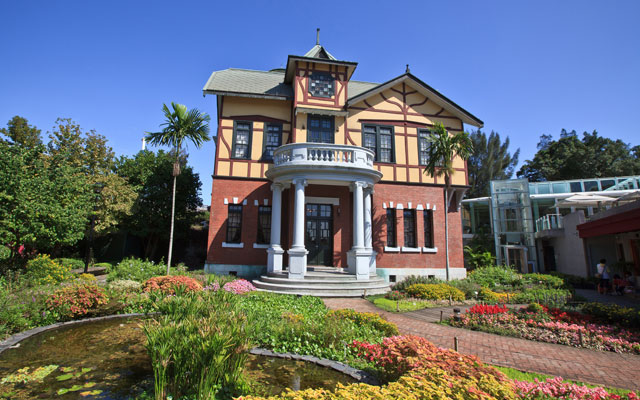Faced with dwindling arrivals from China, Taipei targets South-east Asian corporates with rewards, refurbished halls and new venues.
As Taiwan sees a shrinking volume of Mainland Chinese travellers, event and venue operators in Taipei are reinventing their offerings to woo South-east Asian crowds.
MEET Taiwan – the business events promotion agency under the Bureau of Foreign Trade – is taking the lead by ramping up its promotional efforts aimed at South-east Asia, said Nana Di, project manager, convention section II, Taiwan World Trade Centre Exhibition and Convention Operation Department of the Taiwan External Trade Development Council (TAITRA).

These include twice-yearly SENSE Taiwan fam trips dedicated to South-east Asian buyers and increasing its networking roadshows in the region to twice a year.
TAITRA has also been working closely with ICCA to conduct workshops that educate suppliers and organisers on how to better bid for international conferences, said Di.
Under Taiwan’s tourism bureau, the BEST (Business Events in Surprising Taiwan) Rewards Programme has also been introduced to entice organisers and conference groups with inspection subsidies, visa application counselling, MEET Taiwan discount cards and more.
This comes after the launch of the Southbound Policy, which provides subsidies, administrative assistance, souvenirs and more for incentive groups hailing from the 10 South-east Asian countries, six nations in South Asia, as well as Australia and New Zealand. The government also plans to extend visa-free privilege to Filipinos within this year.
Thanks to the policy, arrival numbers have picked up significantly from source markets such as Malaysia, the Philippines and Thailand, said industry players.
“There was a 50 per cent drop in Chinese visitors in 1H2016 as compared to the same period in 2015,” said Kitty Wong, president of K&A International. “But (arrivals from) other countries have made up for it.”
Capitalising on this, K&A is eyeing incentive groups from Muslim markets in Asia, the Middle East and UAE.
Meanwhile, Sheraton Grand Taipei Hotel has been receiving more incentive and meeting groups from the Philippines and Thailand, said Betty Tsai, its director of sales and marketing.
Tsai observed that corporates from these countries often favour local experiences such as visiting the Huashan and Songshan Cultural and Creative Parks, cycling and experiencing the Pingxi Sky Lantern Festival.
To stay competitive, Sheraton Grand Taipei Hotel has transformed its two basement levels into a dedicated event space, comprising a Grand Ballroom for about 1,000 pax, a Chinese restaurant and eight breakout rooms.
W Taipei is also pulling its weight with bespoke meeting packages for event planners, said general manager Harvey Thompson. These include Meeting Couture, which gives planners full customisation power within the hotel’s spaces, as well as the Sustainable Meeting Package which includes eco-friendly perks like public transport cards and CSR activities.
“Meetings have moved away from the meeting room setting. Now the experience is about being loungey, unique and something you don’t see every day,” Thompson told TTGmice.
“W Hotel has a young and more playful approach in our design. We want people to enjoy the space, which can help them relax and be focused,” he added.
The new high-speed rail link from Taipei Taoyuan International Airport to Taipei Nangang Exhibition Centre (TNEC) has also helped draw tradeshows and corporate events to the city, observed assistant vice president of GIS Group, Amber Chen.
Coming up, TNEC will have its second hall built by 2018.
The government is also seeking to open up more conserved heritage sites and buildings, with MEET Taiwan increasing dialogues with heritage venues, hoteliers and conference organisers.
Examples of heritage buildings in Taipei that have welcomed private corporate events include The Red House, Taipei Story House and Huashan 1914 Creative Park, with the last one providing up to 2,000 seats and eight function rooms.
Chen said: “Taipei needs more unique spaces, such as museums or historical buildings, for companies to hold offsite gala dinners. Areas like Songshan Park are not big enough, and clients want something more exciting compared to exhibition centres.”
Getting heritage venues to open up is a challenge, remarked Di, who explained that the preservation of these landmarks alone is difficult, hence venue owners are often reluctant to host large delegate groups. Still, TAITRA is working on making more of such historical venues available, especially for receptions and gala dinners, said Di.





















